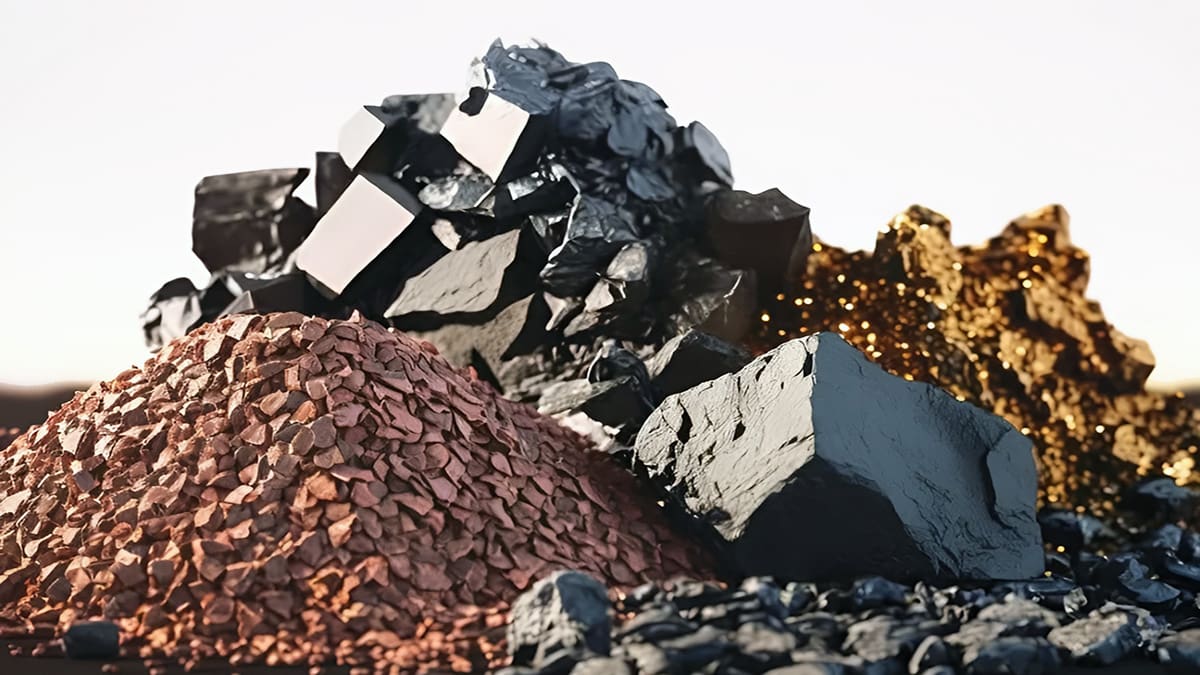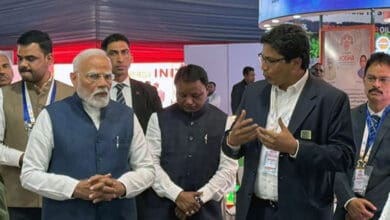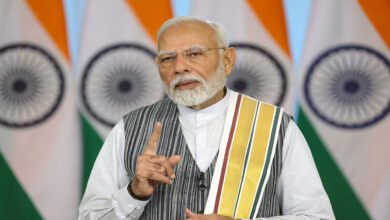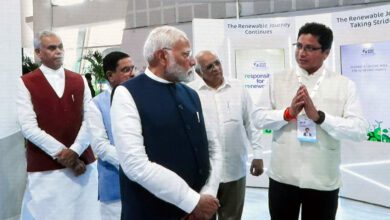In a major push towards self-reliance in critical mineral resources, the Union Cabinet, chaired by Prime Minister Narendra Modi, has approved the launch of the National Critical Mineral Mission (NCMM). The mission, with a total outlay of ₹34,300 crore over the next seven years, aims to build a robust value chain for critical minerals essential to high-tech industries, clean energy, and defence.
The initiative, part of the Atmanirbhar Bharat vision, is set to allocate ₹16,300 crore in government expenditure while attracting an additional ₹18,000 crore in investments from Public Sector Undertakings (PSUs) and other stakeholders. The mission was initially announced in the Union Budget 2024-25 on July 23, 2024, recognising the strategic importance of critical minerals in sustaining India’s clean energy transition and technological advancements.
The NCMM will adopt a holistic approach, covering all aspects of the critical minerals supply chain, including exploration, mining, beneficiation, processing, and recovery from end-of-life products. The mission will also focus on fast-tracking regulatory approvals for mining projects to accelerate production and supply.
A key feature of the mission is its support for financial incentives to boost domestic exploration efforts. Additionally, it encourages the recovery of critical minerals from overburden and tailings, ensuring maximum resource utilisation. The government will also facilitate Indian PSUs and private sector companies in acquiring overseas critical mineral assets, expanding India’s footprint in global mineral trade.
The mission proposes the establishment of mineral processing parks and promotes the recycling of critical minerals. Research and innovation will be key drivers, with the government planning to set up a Centre of Excellence on Critical Minerals to advance mineral processing technologies and sustainable practices.
Adopting a whole-of-government approach, the initiative will see close coordination among ministries, PSUs, private enterprises, and research institutions to streamline operations and maximise impact.
The Mines and Minerals (Development and Regulation) Act, 1957, was amended in 2023 to enhance the scope of exploration and mining of critical minerals. As a result, the Ministry of Mines has auctioned 24 blocks of strategic minerals. Furthermore, the Geological Survey of India (GSI) has undertaken 368 exploration projects in the past three years, with 195 projects ongoing in FY 2024-25 and a further 227 projects planned for FY 2025-26.
To promote innovation, the government launched the Science and Technology – Promotion of Research and Innovation in Start-ups and MSMEs (S&T PRISM) program in 2023. This initiative provides funding to startups and MSMEs to accelerate R&D commercialisation in the critical mineral sector.
In a significant step towards securing global mineral supplies, KABIL, a joint venture under the Ministry of Mines, has acquired 15,703 hectares in the Catamarca province of Argentina for lithium exploration and mining. Additionally, the Government of India has eliminated customs duties on most critical minerals in the Union Budget 2024-25 to encourage domestic processing and enhance availability.














